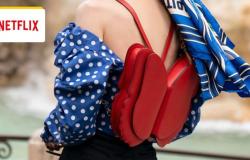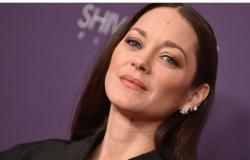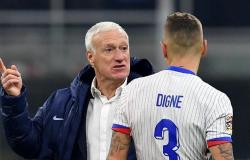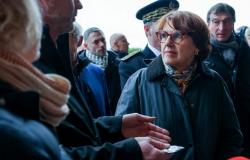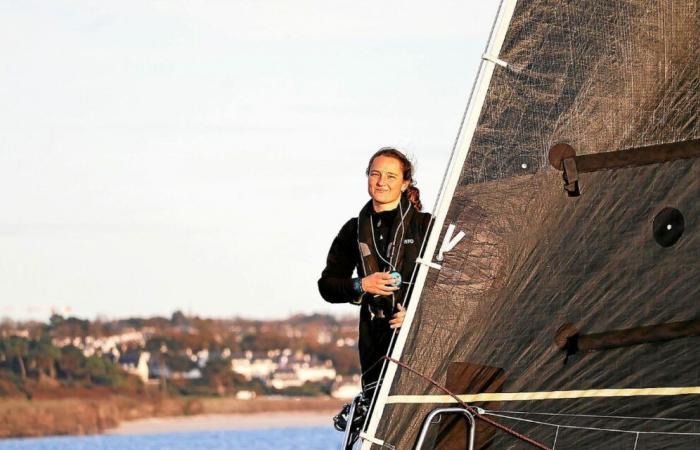
You have just won the Figaro Région Bretagne Océane helm, what journey has brought you so far?
I learned to sail at Aber-Wrac’h in an Optimist. Afterwards, I did my classes at
Brest at the Pôle Espoirs in 420 in sports studies and at the Pôle France in 470 France. I then switched with the Normandy Region and Cédric Chateau on projects like the Tour de France in Diam 24 or match racing. And for several years in foil: in 69F and ETF26 with a women’s team. All this allowed me to train in sailing on several supports. And deliveries and training in Figaro.
How did you get the desire to go offshore?
There were two things that interested me: foiling and offshore. Compared to those around me, my friends, it was the sea that took the upper hand. And in particular after the stage of the Solitaire du Figaro Paprec in doubles (3rd with Pierrick Letouzé) that I was able to do this summer. I was coming off an injury this year (cruciate ligaments). I hadn’t been able to navigate and that was a turning point. Already being able to sail again without apprehension and without pain and to perform in this event, it confirmed that this was what I liked.
You had already participated in a selection four years ago, why come back?
Four years ago, I had just done a few trips in the Figaro before the selection. I was still studying (Ensta Bretagne in Brest) and it was more to discover. Two years ago, I submitted a file but I was still in my studies and it had been complicated. Above all, I broke my meniscus two weeks before the selection, so it was all over. It was a blank year for me. It’s great to end this year with this victory over the selection because I finished my diploma, repaired my knee and won the bar of
Figaro
.
You’ve done a lot of crews. But has solitaire attracted you for a long time?
I did my training in a crew, it’s very rewarding to work like that. But it’s also good to sail alone and to say to yourself that it was you who did it alone, with your little hands, and that you didn’t depend on anyone.
You have navigated on quite a few media: how do you see navigation on the Figaro 3?
Because of the one-design, I really like it. Everyone can fight on equal terms. It’s really important for me, a bit like in the Olympics. So yes, the boat is hard but it is super nice. There are plenty of gaits where you can do great slides. I can’t wait to tame this beast.
The upcoming season is going to be intense with a double-handed Transat Paprec (Concarneau – Saint-Barth) and the Solitaire du Figaro Paprec as highlights: how do you imagine it?
I’m lucky because it’s a season that starts in doubles. I will be able to train quickly and afterwards, I will benefit from a great training and support structure that is the Pôle Finistère Course au Large. I also have a fantastic partner in Victor (Le Pape, skipper of the Figaro Espoir). And now it’s up to me to progress quickly thanks to all this entourage. Until now I have always had some internship or study. But now, I will be able to be 100% on my sporting project. It’s going to be new and it’s exciting.
What will starting with Victor (Le Pape) and the Pôle Finistère Offshore Racing bring you?
The Pôle is a great setting for getting started, getting structured, finding the levers of the boat. It’s also up to me to enrich myself with other experiences to perform as quickly as possible. The challenge is to feed off the Pole and Victor but also to create a duo where I have something to contribute.
Is there any apprehension about embarking on offshore solo sailing,
No. I may have had apprehensions before but this summer’s stage where we really did everything as if we were alone: from the weather brief to the equipment check and it reassured me about what I want to do.
Senegal

